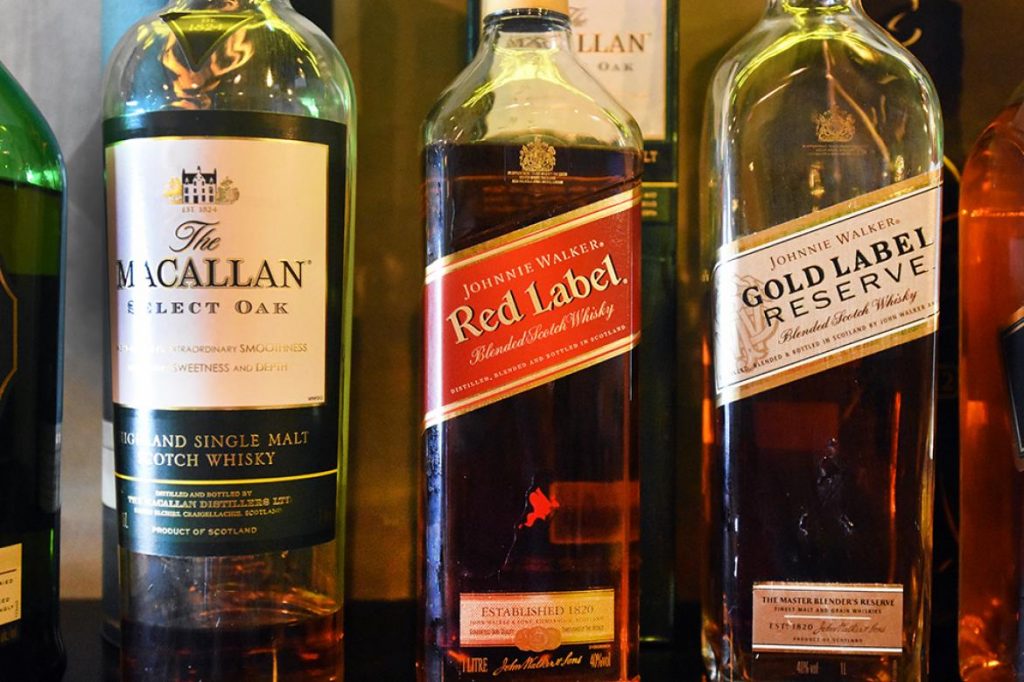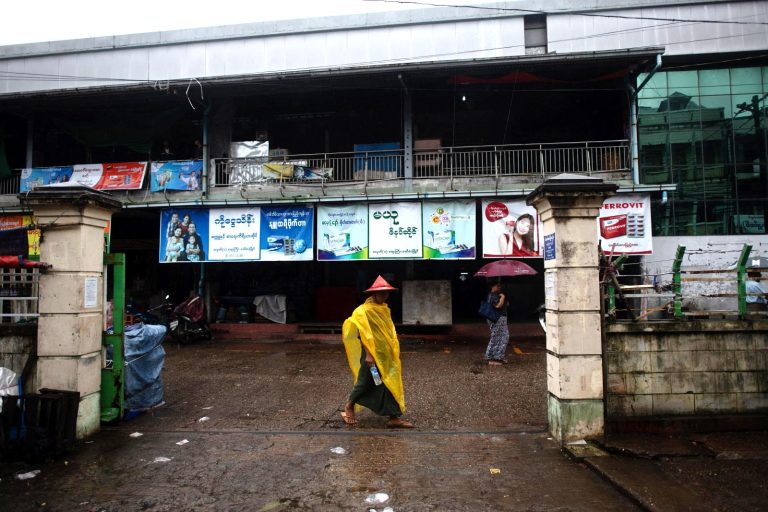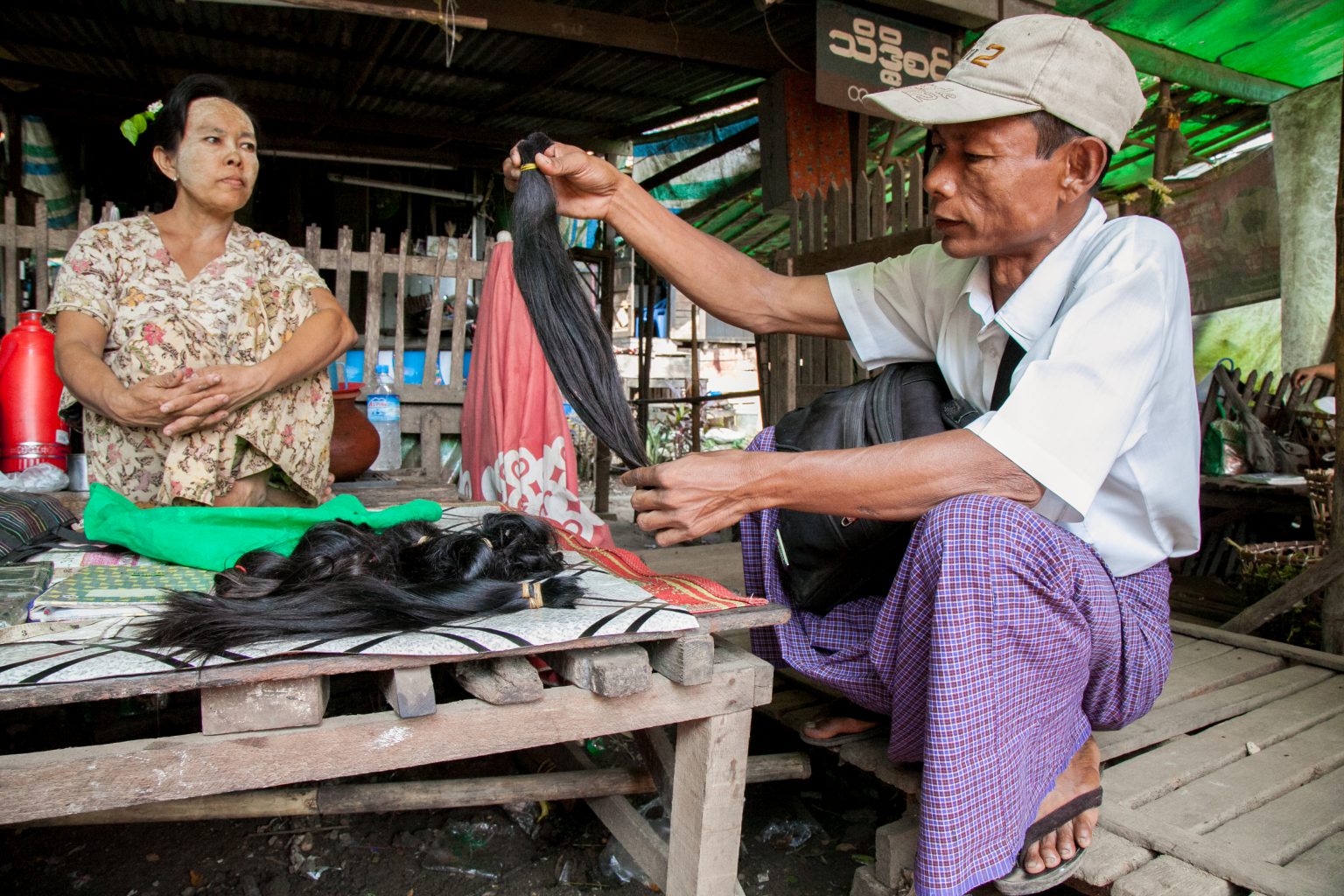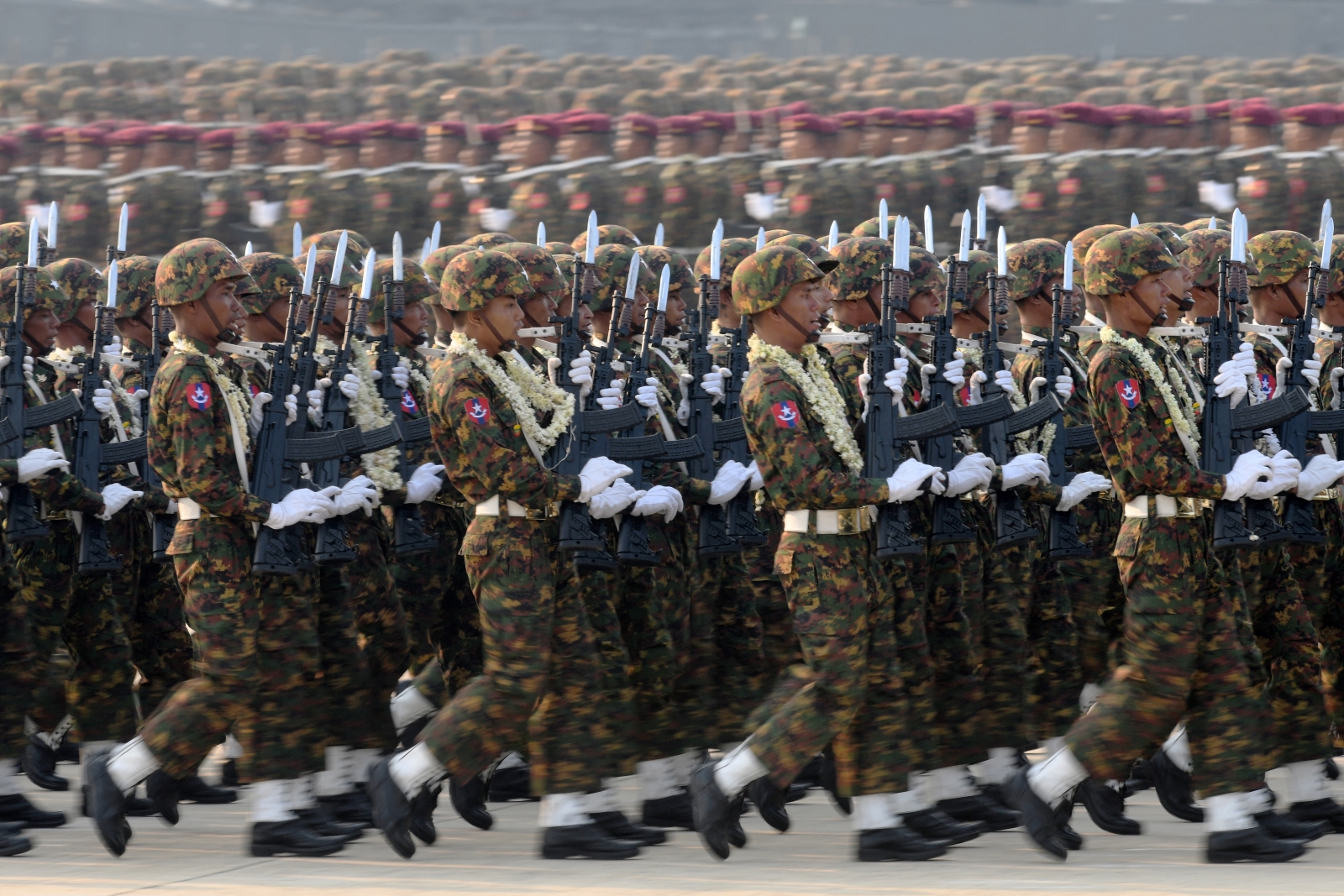A recent special announcement by the Internal Revenue Department targets illegal beer imports but some are wondering why it ignores black market wine and spirits.
By SITHU AUNG MYINT | FRONTIER
THE Internal Revenue Department recently issued a special announcement about taxes on consumer products such as liquor, beer, wine and cigarettes. The announcement was published in daily newspapers and in some townships the department explained it at public meetings. As imports of foreign alcohol products have been severely restricted since junta rule, questions are being asked about the implications of the announcement.
The announcement said Myanmar-made alcohol products and cigarettes must carry a IRD stamp showing sales tax has been paid, or buyers or sellers would be liable to have the goods seized and be fined 100 percent of their value, and the manufacturer would be liable to a fine of 50 percent of their value.
There was nothing unusual about these parts of the announcement. The IRD, under the Ministry of Planning and Finance, is responsible for taxing domestically made commodities or legally imported commodities.
However, the next paragraph in the announcement was odd. It said anyone responsible for illegally importing beer would be fined and the consignment seized. There are two reasons why this is unusual.
Support more independent journalism like this. Sign up to be a Frontier member.
The first is that illegally imported, black market commodities are not the responsibility of the IRD. They are the responsibility of Customs, the Bureau of Special Investigation and the police. Members of those agencies can seize black market commodities and arrest the owner under the Export and Import Law. It is unusual that the IRD should include matters in its announcement that are not its responsibility.
It is also odd that the IRD announcement refers to illegally imported beer but makes no mention of illegally imported spirits, wine and cigarettes.
That’s not to say illegally imported beer isn’t a problem. On November 20, global market research firm Euromonitor International released a study showing that up to 30 percent of all beer sold in Myanmar is illegal. It estimated that this costs the country US$48 million to $52 million a year in lost tax revenue.
However, the decision to single out beer raises a question: Why isn’t the IRD mentioning similar action against illegally imported spirits, wine and cigarettes?
There’s a reason for these curious exemptions. Nearly all foreign alcohol products sold in shops and other outlets has been imported illegally. Existing laws and export-import rules stipulate that foreign alcohol products can only be sold legally in the restaurants of big hotels that cater to foreigners and at duty-free shops. This is why CityMart and other popular supermarkets do not sell foreign alcohol products.
The exception to this is wine. Several years ago, the Ministry of Commerce began liberalising wine imports. Some importers, such as CityMart, are bringing in wine legally. However, many more retailers are still selling illegally imported wine. Although the ministry said it would liberalise beer and liquor imports after wine, it has not yet done so. Many people are profiting from this lucrative illegal trade.
Despite being illegal imports on which no tax was paid, foreign alcohol products sold outside hotels and airport duty-free shops often display IRD sales tax stamps. This confuses consumers. Is the IRD trying to make it look like these products are legal?
The National League for Democracy government should lift the restrictions and issue import licences for alcohol products to bring Myanmar into line with most other countries. Myanmar is losing revenue from the ban, which only benefits big hotels, airport duty-free shops, domestic alcohol manufacturers, black marketeers and corrupt government officials. If illegal beer is costing the government $50 million a year, consider how many hundreds of millions could be earned by taxing every bottle of Johnnie Walker or Chivas Regal.
So, dear readers, please remember that if your drink of choice is foreign spirits or wine that you did not buy from a restaurant in a big hotel or an airport duty-free shop, you are giving support to the black market and corruption.







